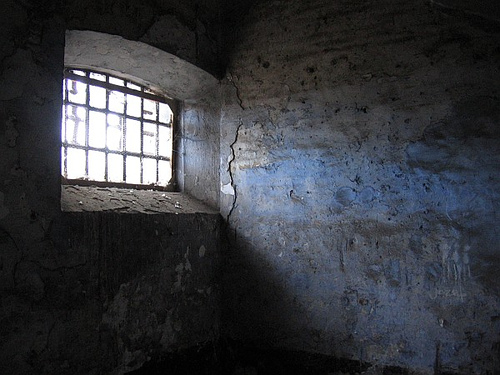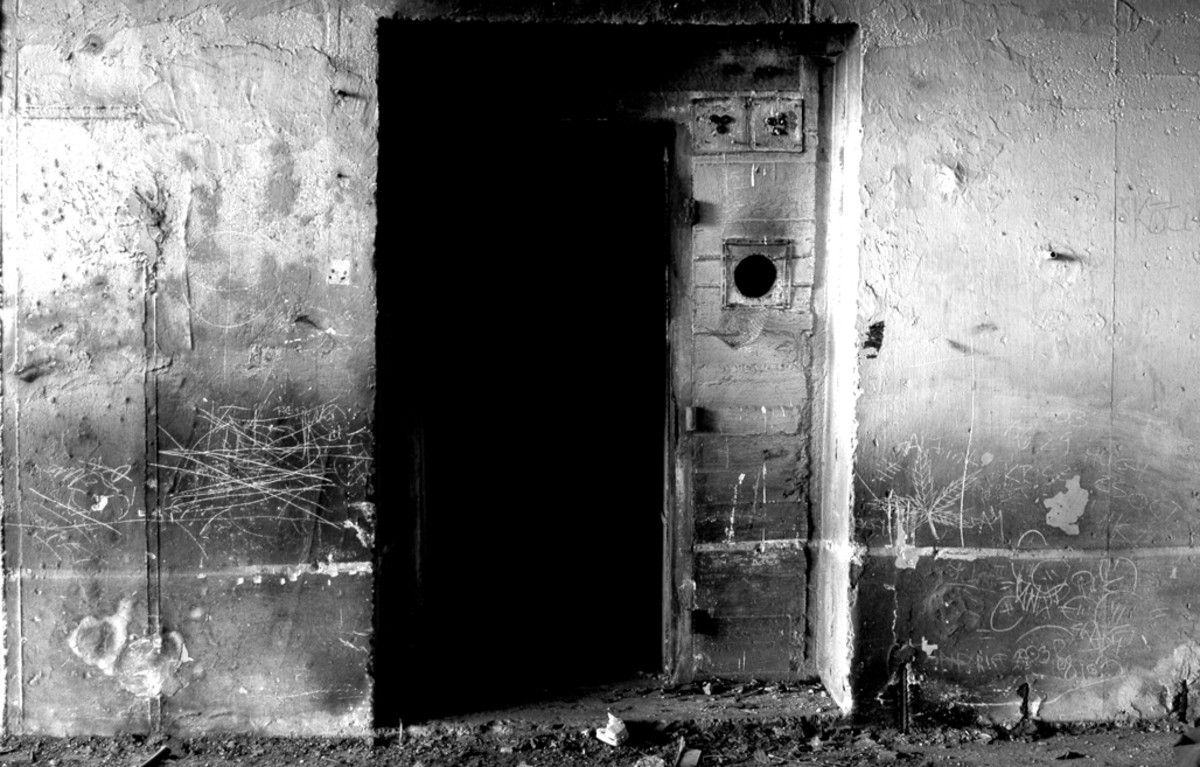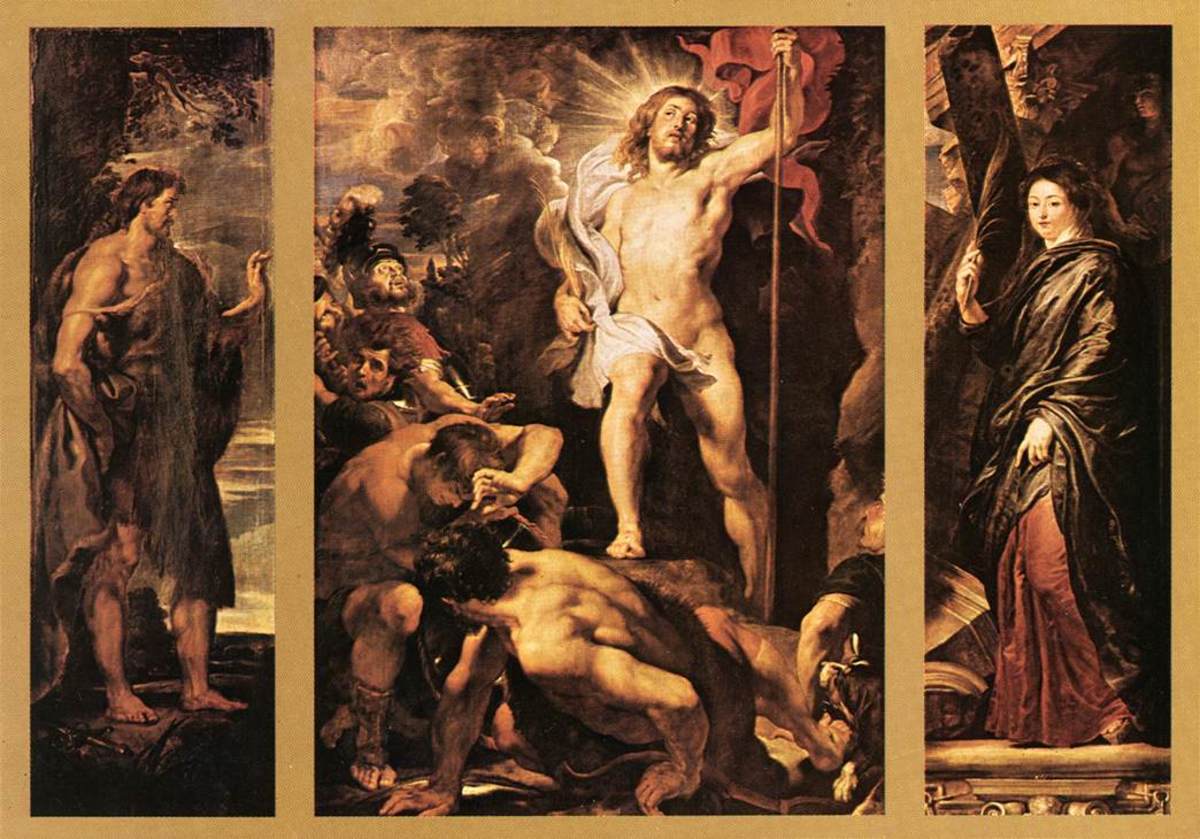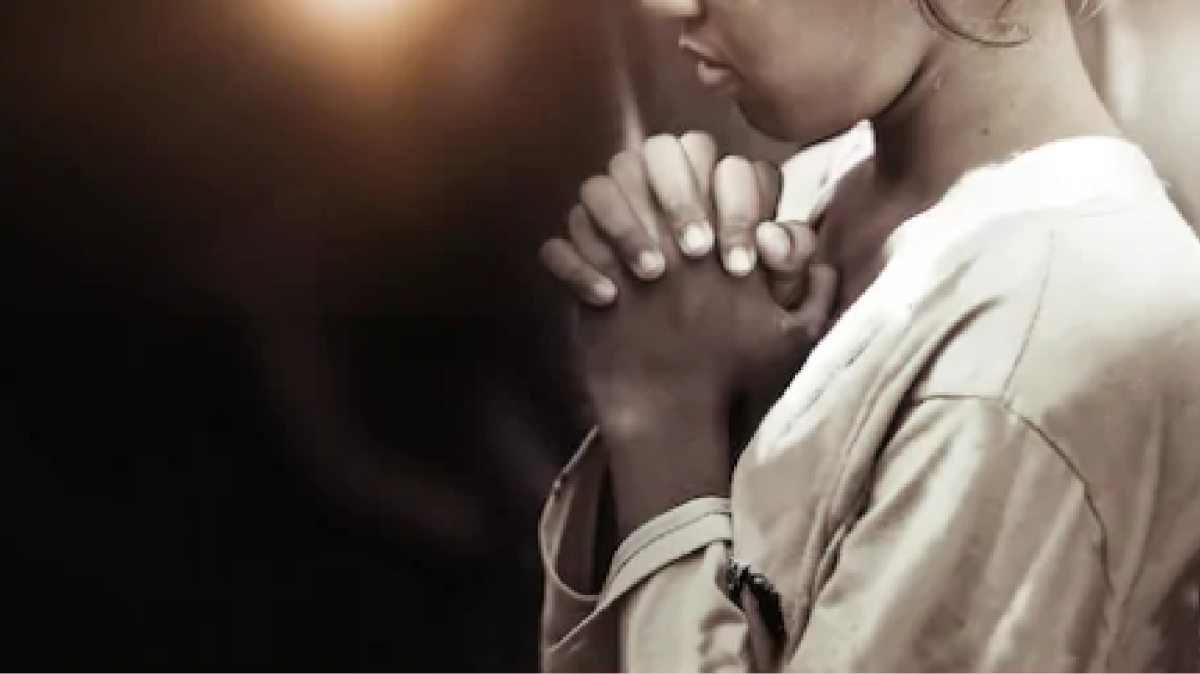Of Saints And Sinners

The Closer We Come To God, The Greater Our Awareness Of Sin
In Psalm 90:7-9, Moses brings up a blatant thought that sinners struggle with: “For we are consumed by your anger; by your wrath we are overwhelmed. You have set our iniquities before you, our secret sins in the light of your countenance” (Ps 90:7-9). God, not Moses, keeps a track record of all our sins. According to Bernhard Anderson, “Human life is lived under the judgment (wrath) of God, from whose penetrating scrutiny there is no escape even in the innermost secrets of one’s life.” (Out of the Depths, 228-29) David acknowledges God’s disclosure of His ways to Moses inclusive of how, in His mercy, deals with our sins. “He does not deal with us according to our sins, nor repay us according to our iniquities…as far as the east is from the west, so far he removes our transgressions from us” (Ps 103:10-11).
God's Forgiveness Of Sin
Under the Old Covenant, so far, so good. But when we arrive at the New Testament, the letter to the Hebrews goes even further. What the writer is doing is choosing passages from the Old Testament and saying, in effect: what we have is good, but God is doing something better. We may know what is true, but we haven’t the whole truth. Why so? Under the Old Covenant, sins were never completely forgiven because they were never truly forgotten. The sentence was held in divine suspension. In the interim period, sins were covered and lying in wait for true forgiveness through Christ’s death. What’s interesting is that the Judge of all the earth never forgets anything. In fact, He cannot forget unless He wills to do so. For any sin entered in His book must be punished. Sin cannot dwell in His holy presence. And when sins are not remembered, F. F. Bruce notes, “it is because His grace has determined to forgive them—not in spite of His holiness, but in harmony with it.” (The Epistle to the Hebrews, 175, 176) Through Jesus Christ, our superior high priest, He establishes a New Covenant and brings total forgiveness. Therefore, God does not just forget our sins. Christ’s death and shed blood on the cross makes it impossible for Him to remember: “…without the shedding of blood there is no forgiveness for sins” (Heb 9:22). In light of this ultimate sacrifice God says, “For I will be merciful toward their iniquities, and I will remember their sins no more” (Heb 8:12). It’s one thing for God to forgive and forget our sins, it’s quite another for sinful men and women to do the same. Only God can wipe sin away in His written will.
Paul's Struggle With Sin
Isn’t it true, that through the years of communing with God, the closer one gets to Him, the greater is one’s awareness of his or her own sinfulness. Paul’s struggle with the law and the sin that dwells in him is telling (Rom 7:14-25). In the New Testament, Paul declared in his letter to the Corinthians that he was “the least of the apostles” (1 Cor 15:9) and that he did not deserve to be numbered among them because he says, “I persecuted the church of God” (15:9). Yes, Paul was considered to be an apostle and a saint, and yet at times, he could not conceive himself as such for his iniquities were set before him. His sin of persecuting Jesus and his church scarred his memory for life (Ac 26:10-11). In Paul’s letter to the Ephesians Paul writes that he never ceases to be amazed that one so unworthy of so high a task would be chosen by God. He not only declared that he was the least of the apostles, but now declares that he is “the very least of the saints” (3:8). And several more epistles in this downward spiral, Paul reminds young Timothy that in ignorance and unbelief he was once “a blasphemer, a persecutor and a man of violence” (1 Tim 13). Yet rest assured, “where sin increased, grace abounded all the more” (Rom 5:20) in this man’s life. “Christ Jesus came into the world to save sinners“ and for that very reason he being the least of the apostles, the very least of the saints, and now, “the foremost,” was shown the overflowing grace of the Lord (1 Tim 1:14-15).
Moses Humbled By Sin
Moses lived to the ripe old age of 120 years. One could only imagine how he carried the wayward weight of his “secret sin” (90:8) for so long—the murder of that Egyptian who beat one of his people. In the book of Exodus, we read the account of how Moses looked over his shoulder to check and see if the coast was clear. He then dealt this Egyptian a deathblow and hid the body in the sand (2:11-12). We can only wonder how he walked around the desert dragging that hidden skeleton in his closet. How that memory must have crushed him. It served as a weary reminder. The hiddenness of his sin completely exposed in the light of the Lord’s presence. It comes as no surprise to read the book of Numbers that “the man Moses was very humble, more so than anyone else on the face of the earth” (12:3).
Today, it takes great courage and honesty for the saints of God to call a spade, a spade or better still, “to call sin, sin.” Our personal testimonies of how we came to know the Lord attests to this fact. Every time we are given the opportunity to share the story of how God called, forgave and cleansed us of all our sins, we can’t help but remind the hearer, and ourselves, that we were once sinners saved by God. Sin validates the reason of why Jesus’ died on the cross. We can’t conceal that most humbling fact. Our lifelong awareness or confession of sin is in no way a flagellant act that must be put to rest, but rather an act of faith that God uses to help people find rest in Him. Granted God sees us as cleansed by the blood of the Lamb and numbered among a multitude of His saints, while we have both feet planted firmly in this fallen world, we will continue to sin, sin-less maybe, but sin nevertheless.
It’s encouraging to know that as “former sinners, latter saints,” we find ourselves in good company. From the likes of divinely pardoned murderers like Moses and David, to a known persecutor like Paul, we come away forgiven, humbled, enriched and abounding in God’s grace that He alone has willed for Himself that our sins he will remember no more. One day, and that day is coming quickly, when we will finally enter into the heavenly throne room and stand before the Lamb, God will make good on His promise to wash our sinful robes and make them white in the blood of the Lamb as well as wipe away every tear from our eyes (Rev 7:14,17). Only then will the sinners, or saints if you like, be free from the sinful struggle.
Copyright 2009, Gicky Soriano. All rights reserved.
Related Hubs:
- As Guilty As It Gets - Part 1
Johnny Cash once did an album entitled American Recordings. Featured on the album cover is a photo of Johnny standing between two dogs. One dog is black with a white stripe. The other dog is white with a... - As Guilty As It Gets - Part 2
When Control Is Something I Can Do To Survive For a person like me who at the time needed to know that I was a valued and desirable student, such a message felt like personal death. It was like free-falling...
Recommended Reading:









